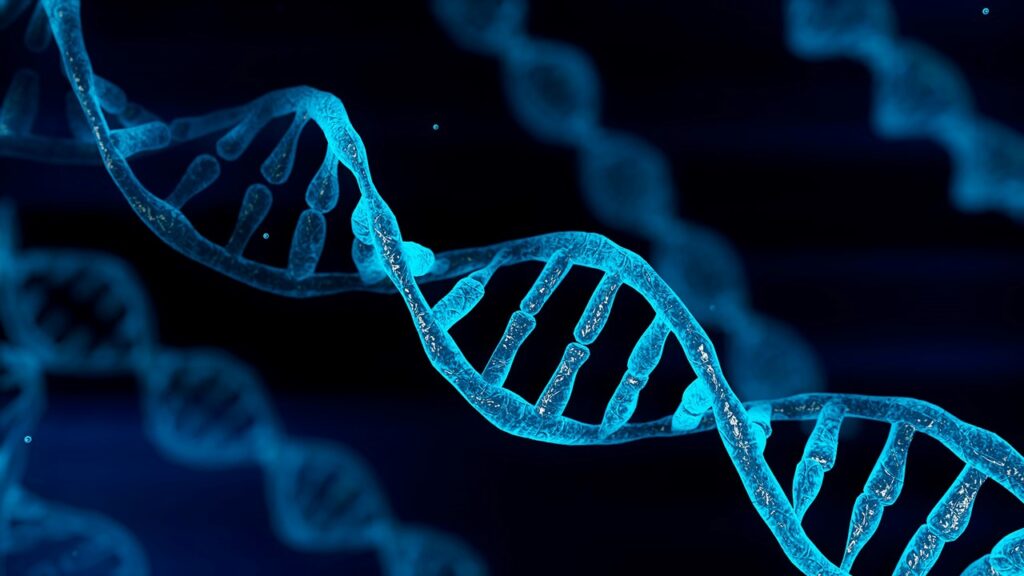A new study reveals that gene variants accumulate in the sperm of older men, potentially increasing the risk of developmental conditions, including autism, in their children. Researchers found that these gene variants, particularly those associated with autism, are among the most common mutations present in older men’s sperm. The study highlights the significant role age plays in the accumulation of genetic mutations that contribute to the risk of neurodevelopmental conditions.
As men age, mutations in their sperm cells can lead to an increased likelihood of passing on these genetic changes to their offspring, which may influence the development of conditions like autism. A key discovery was the identification of 40 genes, 31 of which were previously unknown, that undergo significant clonal selection in sperm cells. This clonal expansion in sperm has been characterized as “hot spots” for de novo variants—genetic changes that arise spontaneously, rather than being inherited.
The research builds on the well-established understanding that older paternal age is a contributing factor to the rising risk of autism spectrum disorder (ASD) in children. It emphasizes that these genetic mutations accumulate over time and are more pervasive than previously thought. The findings align with previous studies showing that approximately one in 15 men may carry autism-linked genetic variants in their sperm, raising further questions about the role of genetics in autism risk.
In addition to this groundbreaking research, several other studies on autism-related topics have surfaced recently. These include the comparison of different algorithms for analyzing facial expressions in autistic children, and the discovery of a gene, AUTS2, which regulates neurodevelopmental pathways. Another important study explores the extensive FMR1 somatic mosaicism in fragile-X syndrome, shedding light on the genetic underpinnings of this condition.
The increasing recognition of the genetic factors contributing to autism has sparked a broader discussion about the complexities of neurodevelopmental disorders. While research continues to uncover potential causes, it remains clear that both genetic and environmental factors play a significant role in the development of autism

